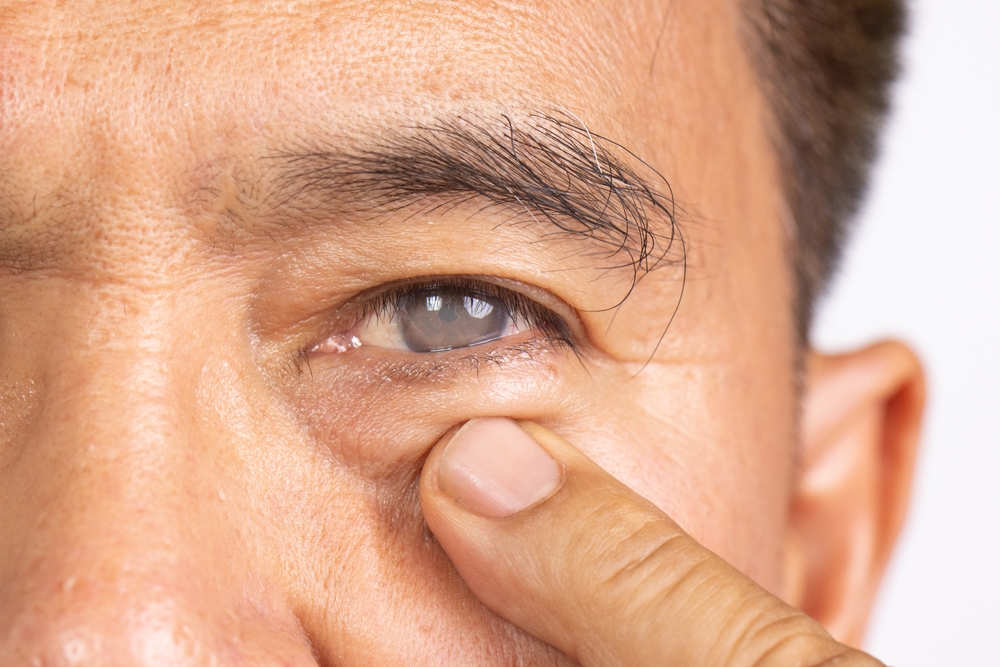
Cataracts are one of the most common age-related eye conditions, gradually clouding the lens of the eye and making it harder to see clearly. While cataracts often develop slowly, understanding what causes them and how to protect your vision can help you take steps to maintain healthy eyesight for years to come.
What Are Cataracts?
A cataract forms when the normally clear lens of your eye becomes cloudy. This clouding occurs as proteins in the lens begin to clump together, interfering with the passage of light and making vision blurry, dim, or distorted.
What Causes Cataracts to Develop?
Several factors contribute to cataract formation over time:
Aging - The most common cause, as natural changes in the eye’s lens occur with age.
UV Exposure - Long-term exposure to the sun’s ultraviolet rays can damage the proteins in the lens.
Medical Conditions - Diabetes and other systemic health issues can accelerate cataract development.
Medications - Prolonged use of corticosteroids and certain other drugs may increase risk.
Eye Injuries or Surgery - Trauma to the eye or previous eye surgery can lead to cataracts.
Lifestyle Factors - Smoking, poor diet, and excessive alcohol use can all contribute to earlier onset.
Genetics - Family history may play a role in whether you’re more likely to develop cataracts.
What You Can Do to Protect Your Vision
While cataracts are often a natural part of aging, there are steps you can take to reduce your risk and protect your eyesight:
Wear UV-Protective Eyewear - Sunglasses that block UVA and UVB rays help protect your lenses.
Eat a Nutrient-Rich Diet - Foods high in antioxidants, such as leafy greens and colorful fruits, support eye health.
Quit Smoking - Eliminating tobacco use lowers your risk for many eye conditions, including cataracts.
Manage Health Conditions - Keeping diabetes and other medical conditions under control helps preserve your vision.
Early Detection Is Key
Routine eye exams are one of the most effective ways to detect cataracts and other eye conditions early - often before noticeable symptoms begin. During an exam, your doctor carefully evaluates the clarity of your eye’s lens, measures changes in your vision, and checks for other age-related conditions such as glaucoma and macular degeneration.
Comprehensive testing may also include a dilated eye exam, which allows your doctor to see the back of the eye in detail, ensuring that any issues are identified and addressed promptly. Early detection not only helps preserve clear vision but also provides more options for treatment and long-term eye health management.
Don’t Let Cataracts Cloud Your Vision
Cataracts often develop gradually, but by knowing the causes and taking proactive steps, you can protect your vision and maintain a clear, healthy outlook on life. The best defense is regular eye care and early detection.
If you’ve noticed cloudy or blurred eyesight, schedule a comprehensive eye exam at Eyecare Associates of Parsons today. Visit our office in Parsons, Kansas, or call (620) 421-2330 to book an appointment.









